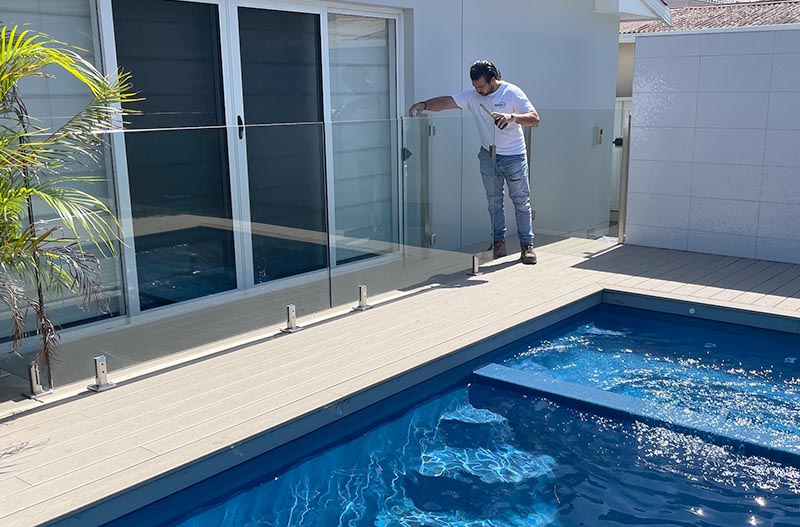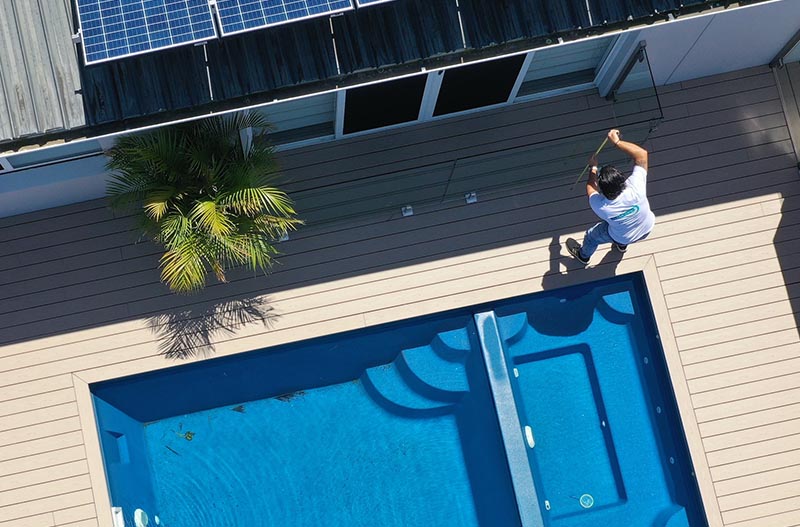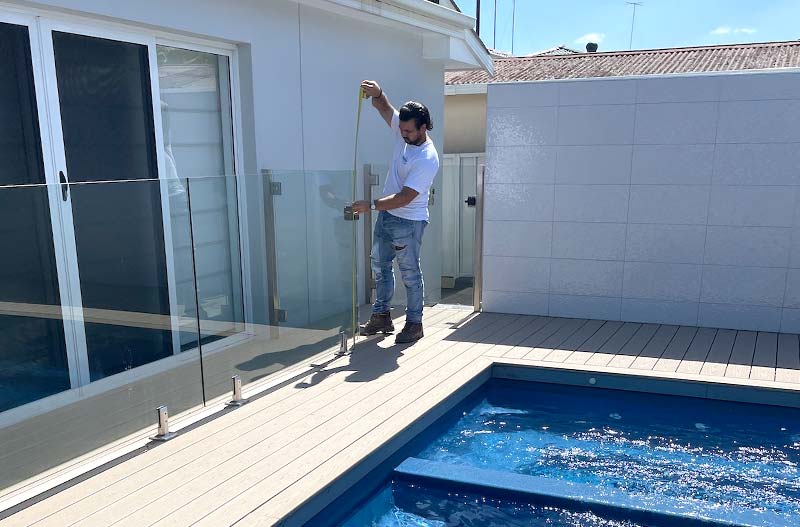Regulatory Framework for Swimming Pool Inspections in Sydney Australia
Pool Safety Law Overview
In NSW, the Swimming Pools Act 1992 and its accompanying regulations govern the regulatory framework for swimming pool inspections. These laws promote safety in swimming pool environments and prevent accidents, injuries, and drownings. They outline the obligations of both pool owners and local authorities in maintaining pools that comply with safety standards.
To ensure the safety of young children, it is important to have fencing that restricts their access to the pool area. Pool owners should also obtain a valid pool safety certificate after a satisfactory inspection by a licensed inspector. This certificate serves as proof that the pool meets all relevant safety requirements. Additionally, maintaining proper water quality and regularly testing and treating the water is necessary for safe and sanitary conditions in the pool. Adequate filtration, cleaning, and equipment maintenance are crucial factors in ensuring pool safety.

There are numerous challenges faced in enforcing the legislation, including inadequate rates of inspections by local councils and inconsistent enforcement. This emphasizes the importance of thorough and regular inspections to ensure pool safety compliance.
Swimming Pools Act 1992
This legislation acts as the main regulatory tool for swimming pools in NSW, setting out the legal obligations for pool construction, operation, upkeep, and safety. It applies to all types of swimming pools, including residential ones found in homes and commercial and public pools.
Swimming Pools Regulation 2018
This regulation offers comprehensive guidelines and criteria for adhering to the requirements of the Swimming Pools Act. It encompasses various elements of ensuring swimming pool safety, such as fencing and barriers, signage, water quality, and upkeep obligations. Additionally, the regulation outlines protocols for conducting pool inspections, obtaining compliance certificates, and implementing enforcement measures.
Pool Owners’ Responsibilities
Pool owners in NSW have certain obligations to ensure the safety and adherence of their swimming pools under the regulatory framework. These responsibilities include:
Registering Pools
Pool owners must register their swimming pools on the NSW Swimming Pool Register online, administered by the state government. This allows local authorities to access pool information and facilitates efficient inspection and compliance processes.
Installing Pool Fencing and Barriers
Pool owners must install appropriate fencing and barriers that meet all relevant regulations. This involves maintaining proper standards regarding height, construction, gates, latches, and self-closing mechanisms for pool barriers.

In Sydney, there have been low levels of compliance with pool safety regulations in the past, with only a small percentage of pools meeting the required standards.
Local Authority Responsibilities
Local councils and other authorised bodies play a vital role in enforcing swimming pool regulations by conducting routine inspections. These inspections are conducted to ensure compliance with safety standards, identify potential hazards or non-compliance issues, and recommend improvements.
Compliance Certificates
If a pool meets the inspection requirements, the local governing body will provide a pool safety certificate confirming that the pool adheres to the necessary safety standards. This certificate remains valid for a designated period, typically three years until another inspection is required. To ensure compliance with swimming pool regulations, local authorities possess enforcement measures such as penalty notices and fines, rectification orders, or even legal action against owners who do not comply with the rules.

Clear View pool certifier sydney – pool safety inspections and certifications







